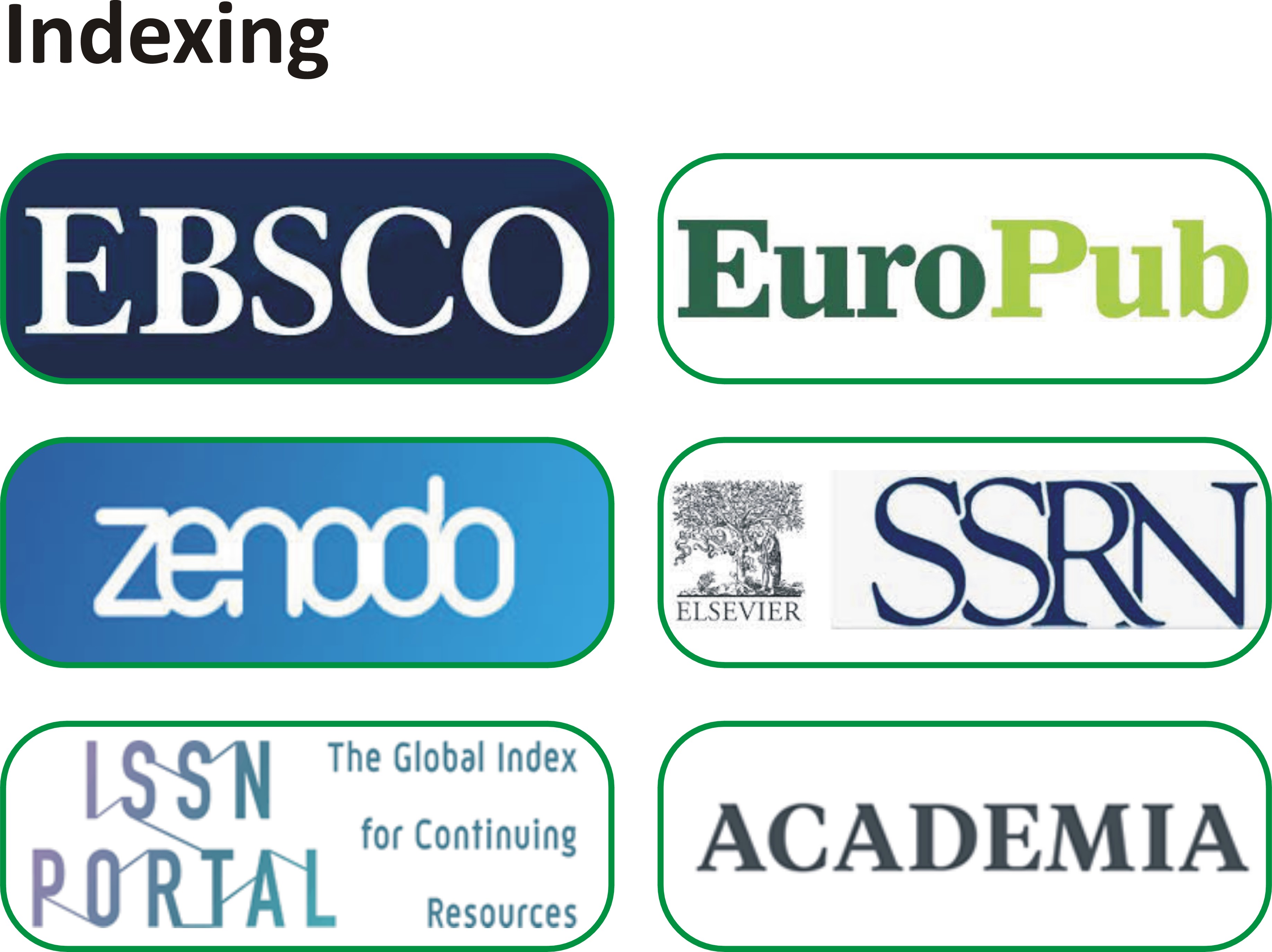An Analysis of Psychosocial Challenges Faced by University Students During Covid -19
Abstract
The majority of educators and students agreed that online learning was a preferable option during the pandemic. This study's primary goal was to examine the psychosocial difficulties college students had during COVID-19. The primary goals of the study were to identify the psychological problems that college students face. to assess how these relate to their comprehension, perspective, and application of COVID-19.should look into the different methods that students have employed to treat these illnesses. The whole student body at Abdul Wali Khan University Mardan served as the study's population. Using a deliberate selection technique, the departments of IBL and social science education were chosen to represent the study's sample. A questionnaire was used to gather data from the targeted department sample, and SPSS was used for data analysis. The gathered information was tallied, examined, and evaluated in relation to the study's goals. Conclusions were drawn from the data and then based on the research findings. Additionally, this study has highlighted the psychosocial problems and challenges that students face when learning online—problems that still need to be resolved. The conclusion emphasizes the assistance that the state, parents, educational institutions, and educators must offer in order to boost students' access to and participation in online learning.
Copyright Notice Submission of an article implies that the work described has not been published previously (except in the form of an abstract or as part of a published lecture or academic thesis), that it is not under consideration for publication elsewhere, that its publication is approved by all authors and tacitly or explicitly by the responsible authorities where the work was carried out, and that, if accepted, will not be published elsewhere in the same form, in English or in any other language, without the written consent of the Publisher. The Editors reserve the right to edit or otherwise alter all contributions, but authors will receive proofs for approval before publication. Copyrights for articles published in IJSSA journal are retained by the authors, with first publication rights granted to the journal. The journal/publisher is not responsible for subsequent uses of the work. It is the author’s responsibility to bring an infringement action if so desired by the author.



